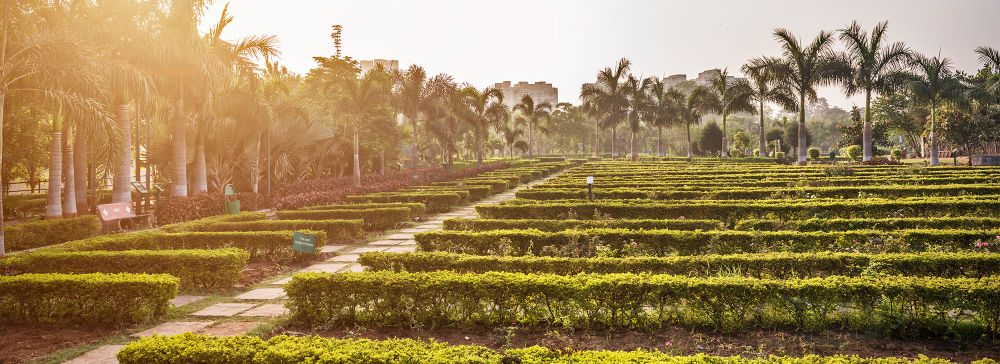

Surat is a bustling city in the Indian state of Gujarat, known for its vibrant culture, historical significance, and rapidly developing infrastructure. Among its many attractions is the Sneh Rashmi Botanical Garden, a green haven that provides a refreshing escape from the city's hustle and bustle.
The Sneh Rashmi Botanical Garden was established to enhance the green cover in Surat and offer a space for leisure and education to its residents and visitors. The garden's development is a testament to Surat's commitment to environmental conservation and sustainability.
The garden began welcoming visitors several years ago, with the intent of providing a space for nature lovers and fostering a connection between people and the environment.
Over the years, the Sneh Rashmi Botanical Garden has become increasingly popular among tourists and locals alike. Its lush landscapes, varied plant species, thematic gardens, and recreational facilities make it a significant addition to Surat's tourist map.
Sneh Rashmi Botanical Garden is in line with the latest trends in eco-tourism and sustainable travel. Visitors are drawn to its green spaces for the opportunity to experience nature and engage in outdoor activities.
The garden is designed to be environmentally friendly, with sustainable practices such as rainwater harvesting and organic gardening methods.
It provides extensive educational opportunities, with labeled plants and trees, as well as interactive sessions to educate visitors about the flora and fauna.
Lately, the garden has hosted various events such as plant exhibitions, bird watching sessions, and photography competitions, aligning with the trend of experiential tourism.
Visitors to the Sneh Rashmi Botanical Garden can enjoy:
Its growing reputation as a must-visit destination for relaxation and learning continues to bolster Surat's status as an emerging tourism hub in Gujarat.
Sneh Rashmi Botanical Garden represents the evolving face of tourism in Surat, where history and tradition blend with contemporary attractions. It is more than just a garden; it's a symbol of ecological awareness and an embodiment of the cultural spirit that invites tourists to explore and appreciate the natural world within a modern Indian city.